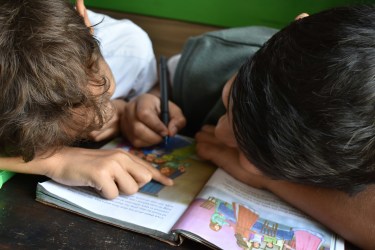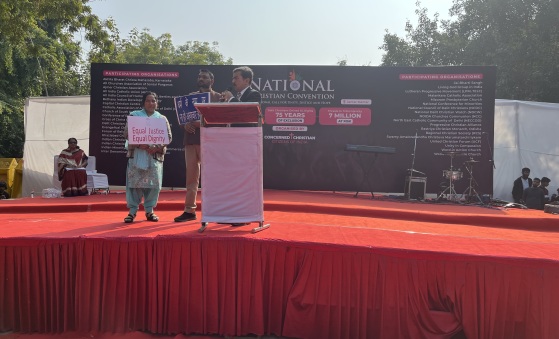
A 12-year-old Dalit boy died after ingesting poison, reportedly following a brutal assault and humiliation by upper-caste women who accused him of “contaminating” their home.
The incident occurred on Sept. 16 in the village of Limbda, Rohru subdivision, Shimla district, Himachal Pradesh. The boy, a sixth-grade student from the Koli community, had gone to buy groceries from a shop owned by Pushpa Devi. Finding no one at the counter, he stepped inside the adjacent house to call for help.
According to his father, this simple act led to his son being accused of polluting the home. “They told us our son had ‘contaminated’ the house and demanded a goat sacrifice to purify it,” he said. The boy was locked in a barn, beaten, and told he would not be released until his family provided the goat.
Traumatised and humiliated, the child consumed poison shortly afterward. Despite being taken to two hospitals, he died during treatment. Police have filed charges against the accused women, who have since been released on bail.
The Dalit Shoshan Mukti Manch (DSMM) condemned the act, demanding the immediate arrest of those responsible under the Scheduled Castes and Scheduled Tribes (Prevention of Atrocities) Act and warning of protests if justice is delayed.
Calling the incident “a social sin,” Monsignor Sahaya Thatheus Thomas, bishop of Simla and Chandigarh, said: “Our society is responsible when structures of discrimination and untouchability remain unpunished. Treating someone as ‘untouchable’ is a denial of the image of God in every person.”
He urged collective repentance and justice, adding: “This boy sought help and was met with cruelty. His death cries out to us: ‘Am I not your brother?’”
Father Devasagaya Raj, former secretary of the Catholic Bishops’ Office for Dalits, noted that “most school children do not even know what caste is,” yet centuries-old notions of purity and pollution continue to claim innocent lives. He called for the full enforcement of constitutional protections and anti-atrocity laws to prevent such tragedies.
Adapted from Asia News.




